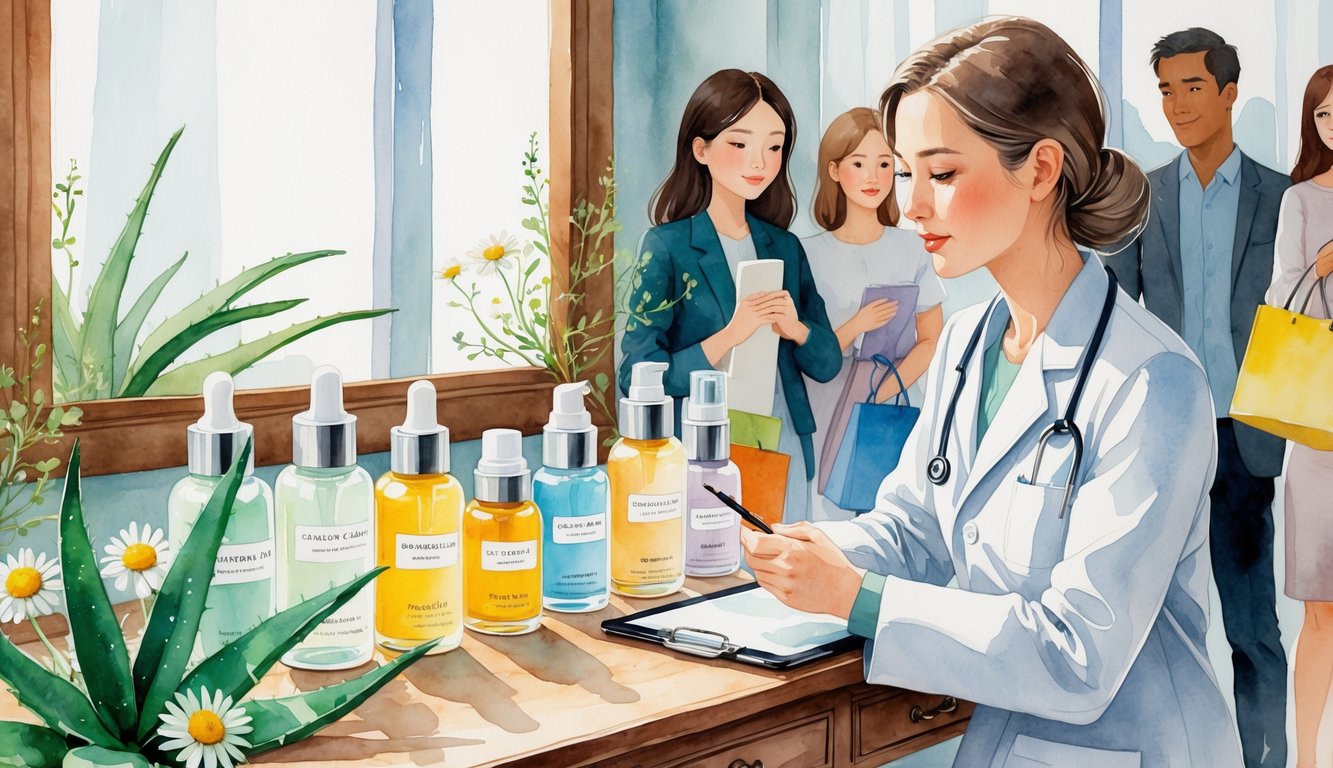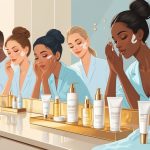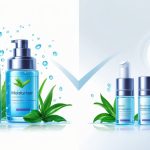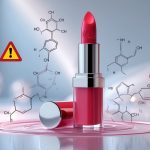Facial Serum Claims Now Under Scrutiny as Dermatologists Warn Busy Shoppers
Decoding Popular Serum Claims
I can’t help it—I roll my eyes every time. Serums promise hydration miracles, “glass skin,” wrinkle erasing, instant glow. Shelves are packed, but if humidity and my sleep schedule matter more than a $90 bottle, what’s the point? I’m so over every “new” peptide being a supposed breakthrough.
Hydration and Moisture Renewal
Hyaluronic acid again. Supposed to draw in a thousand times its weight in water, but if I don’t seal it in, my skin’s still dry. No one tells you air humidity matters. I’ve used serums that felt great, then my skin felt tight again because I skipped the cheap moisturizer on top.
Dermatologists say sodium hyaluronate works in the top skin layers—no deep healing magic. “Moisture barrier” language just confuses everyone. A 2023 Journal of Cosmetic Dermatology study found moisturization only lasted in lab conditions. Real life? Weather changes, so results do too.
Honestly, a humidifier works better than any serum in winter. I bought a $70 “24-hour hydration” serum and still got flaky. Wish they’d just tell us to drink more water.
Brightening and Even Skin Tone Promises
Vitamin C droppers are everywhere, promising all your spots will fade. That’s a stretch—my sunspots ignore everything, even SPF. “Even skin tone” usually means fading visible spots, but arbutin and niacinamide take weeks. Who tracks their freckles for two months? Not me.
Chemists (well, the ones I heard at a conference I half-attended) say only stabilized vitamin C at 10–20% actually lightens spots, but it goes bad fast in clear bottles. I tried a serum that made me hopeful, but my freckles never budged. And if you skip sunscreen, nothing works—cloudy day or not.
It’s wild that brands never mention “brightening” is often just shimmer or silicone. I’m annoyed—results disappear as soon as you wash your face. “Radiance” is just code for glitter, half the time.
Anti-Aging and Fine Line Reduction
Okay, who came up with “anti-aging” as a thing we’re all supposed to chase, anyway? Feels like every time I open my medicine cabinet, there’s another retinol or peptide or “plant stem cell” serum staring at me—half of them with instructions that basically say, “Use this or you’ll regret the sunburn you got in 2009.” I tried one of those night serums—retinol, 0.25% or 0.5%—because apparently that’s enough to make your face peel but not enough to undo a decade of bad decisions. Dermatologists say that’s “effective.” I say, define “effective.”
Olay Regenerist? Yeah, I saw their “clinical” studies. Mild wrinkle softening, they claim, in a month or three. Not a single brand says you’ll actually erase wrinkles, though. Best case, you soften some lines if you’re obsessive about sunscreen. If not, good luck.
And peptides—God, they sound so science-y, but nobody tells you which ones actually do anything. GHK-Cu? Palmitoyl pentapeptide-4? No clue. I’ve asked a bunch of dermatologists, and they all shrug and say it’s incremental. Not magic. Especially if you’re like me and skip your routine half the week because life is chaos.
Saw a serum saying “skin looks 10 years younger.” My cat still knows it’s me. No one’s asked for my student ID in a decade. The delusion is impressive.
Are Results Backed by Science?

I don’t care how many before-and-after pics brands post, I’ve never seen “visible wrinkle reduction” in my own mirror after a month. Dermatologists change their minds every week, I swear. You’re supposed to layer serums, check concentrations, read studies—who has time for this? Someone should make a checklist and tape it to the bathroom mirror.
Scientific Evidence for Popular Claims
Retinol, vitamin C—yeah, they’re everywhere, and every bottle screams “clinically proven.” I looked up the studies. Retinol can help fine lines and pigmentation, but you need months, and even then, it’s not a miracle. Dr. Alan Chen (he’s legit) pointed to a meta-analysis: wrinkle depth drops 10-20% after three months, not the “glass skin” everyone posts on Instagram.
My cousin won’t shut up about hyaluronic acid. Sure, it hydrates, but that “plump” feeling is gone by lunchtime. Most serums are just water anyway. Niacinamide, peptides—so many headlines, barely any FDA green lights. Trying to decode all the data? It’s a migraine. Most studies are paid for by the brands. Independent research? Rare. EWG has breakdowns, but transparency is all over the place.
Expert Insights on Skin Changes
Here’s what cracks me up: every dermatologist I’ve ever bothered admits nobody’s skin is perfect, and everyone wants a shortcut. Dr. Priya Desai told me, “People want serum miracles. The best results? Sunscreen and moisturizer, every day.” Not that serums are useless—if you use them right (pea-sized, not a handful, Dr. Tanya Skincare yelled at me for that), you’ll see something.
Pigmentation? Vitamin C and licorice can fade spots, a little, but don’t expect them to vanish. Retinol works for lines, but I’ve seen more people quit from peeling than stick with it. Overnight results? Nope. People want it to be simple. It isn’t. I’ve impulse-bought five bottles just because a doctor’s face was on the box. No one at the store ever warns you about sun sensitivity or how random the results are. It’s all vibes.
Understanding Concentration and Efficacy
So, the bottle says 20% vitamin C or 1% retinol. Does that even matter? Dermatologists say it’s the formula, not just the number. Too much vitamin C at the wrong pH? It oxidizes and turns orange in a week. Ask me how I know. That’s $40 I’ll never see again.
Look at the ingredient list—if “aqua” is first, it’s mostly water. Not a crime, but why am I paying $60 for that? Research studies use higher concentrations than what’s in stores. Retinol above 0.5%? Most people’s skin just gets mad. Some brands fudge the numbers, too—label says 1%, but the real amount is lower.
TL;DR: Efficacy isn’t just about “percent.” Supporting ingredients, packaging, and, honestly, expectations matter more. Nobody on TikTok mentions that when they’re showing off their “glassy skin” routine.



